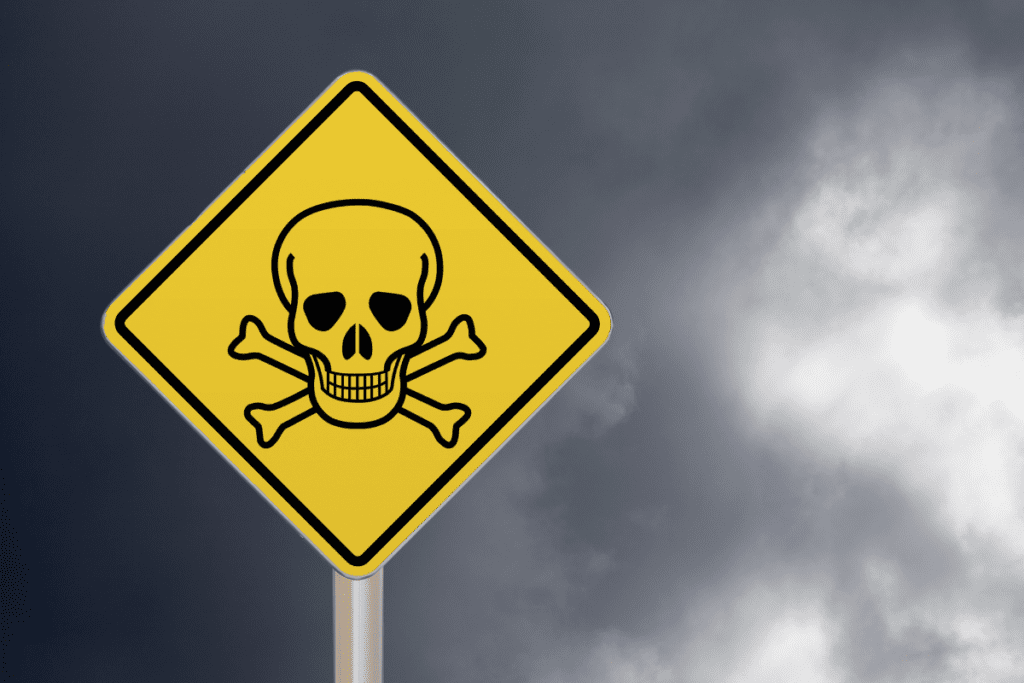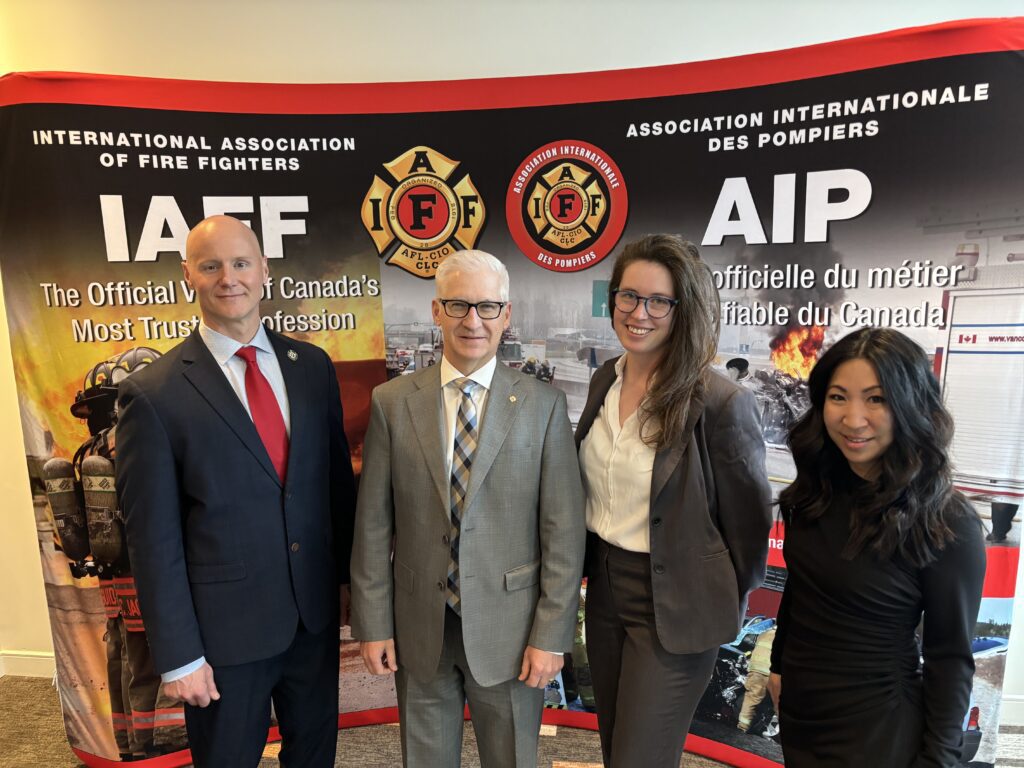ENVIRONMENTAL DEFENCE AND TOXIC-FREE FUTURE’S MIND THE STORE PROGRAM
Restaurant Brands International commits to eliminating PFAS in food packaging by 2025 in all stores worldwide, including Burger King, Tim Hortons, and Popeyes
Toronto | Traditional territories of the Huron-Wendat, the Anishnaabeg, Haudenosaunee, Chippewas and the Mississaugas of the Credit First Nation – Toronto-based Restaurant Brands International (RBI) has announced it will ban toxic PFAS “forever chemicals” in food packaging globally by 2025. RBI, which owns Burger King, Popeyes, and Tim Hortons—is one of the world’s largest quick-service restaurant companies with 27,000 restaurants in more than 100 countries.
RBI’s announcement follows a multi-year campaign led by environmental health advocates to phase out PFAS from retail food packaging since the 2020 investigation that found indications of PFAS in Burger King’s Whopper packaging, among other products.
“We are pleased to see Tim Hortons, Burger King and others take action on eliminating PFAS from their packaging, but this needs to happen now and not in three years,” said Cassie Barker, Toxics Senior Program Manager at Environmental Defence. “These “forever chemicals” do not break down. They contaminate our food and water and are a specific risk to Arctic ecosystems and Inuit communities. Research shows that PFAS exposure can increase the severity of COVID-19. We need companies to clean up their act, but more importantly, we need urgent federal leadership to prohibit this toxic class of chemicals.”
The announcement also comes on the same day as a Consumer Reports study that tested the packaging of dozens of major fast-food chains and confirmed PFAS are still widespread in food packaging.
“This new commitment from Burger King, Popeyes, and Tim Hortons is the latest nail in the coffin for PFAS in food packaging,” said Mike Schade, director of Mind the Store, a program of Toxic-Free Future. “We appreciate Burger King taking this critical action following our campaign efforts. But there’s no time to waste in phasing out PFAS. Toxic pollution from these forever chemicals has been impacting customers and frontline communities for far too long. Retailers like Burger King should eliminate these chemicals by 2023 and ensure substitutes are safe and reusable.”
A growing body of scientific research has found links between exposures to PFAS and a wide range of health problems. RBI’s decision to take action on banning the use of toxic PFAS in their packaging comes nearly one year after restaurant competitors such as McDonald’s, Chipotle, Wendy’s and Freshii have already made similar commitments.
“PFAS chemicals have contaminated drinking water for most Americans, with taxpayers stuck with the bill for cleanup. Congress should act quickly to end the completely unnecessary uses of these dangerous pollutants in food packaging,” said Liz Hitchcock, director of Safer Chemicals Healthy Families, a program of Toxic-Free Future. “The Consumer Reports investigation shows that much of our food is still served with a side of forever chemicals. Congress should pass this common-sense legislation and take PFAS off the menu.”
While some American state and local governments such as Washington, Maine, New York, and San Francisco are moving to phase out all types of PFAS from food packaging in favour of safer alternatives, Canada has only begun to look at assessing these toxic substances together as a class.
The federal government recently introduced Bill S-5 to reform the country’s toxics legislation, the Canadian Environmental Protection Act (CEPA). This bill will require several amendments to address the threat of PFAS and other chemicals of high concern and adequately protect vulnerable populations.
Environmental Defence is a leading Canadian environmental advocacy organization that works with government, industry, and individuals to defend clean water, a safe climate, and healthy communities.
Toxic-Free Future (TFF) is a nonprofit research and advocacy organization that advances the use of safer products, chemicals, and practices through science, organizing, advocacy, and consumer engagement to ensure a healthier tomorrow.
Mind the Store is a Toxic-Free Future program that challenges retailers to eliminate toxic chemicals and replace them with safer alternatives, and scores major retailers on their safer chemicals policies in an annual Retailer Report Card.
– 30 –
For more information or to request an interview, please contact:
Paula Gray, Environmental Defence, pgray@environmentaldefence.ca, 705-435-8611





